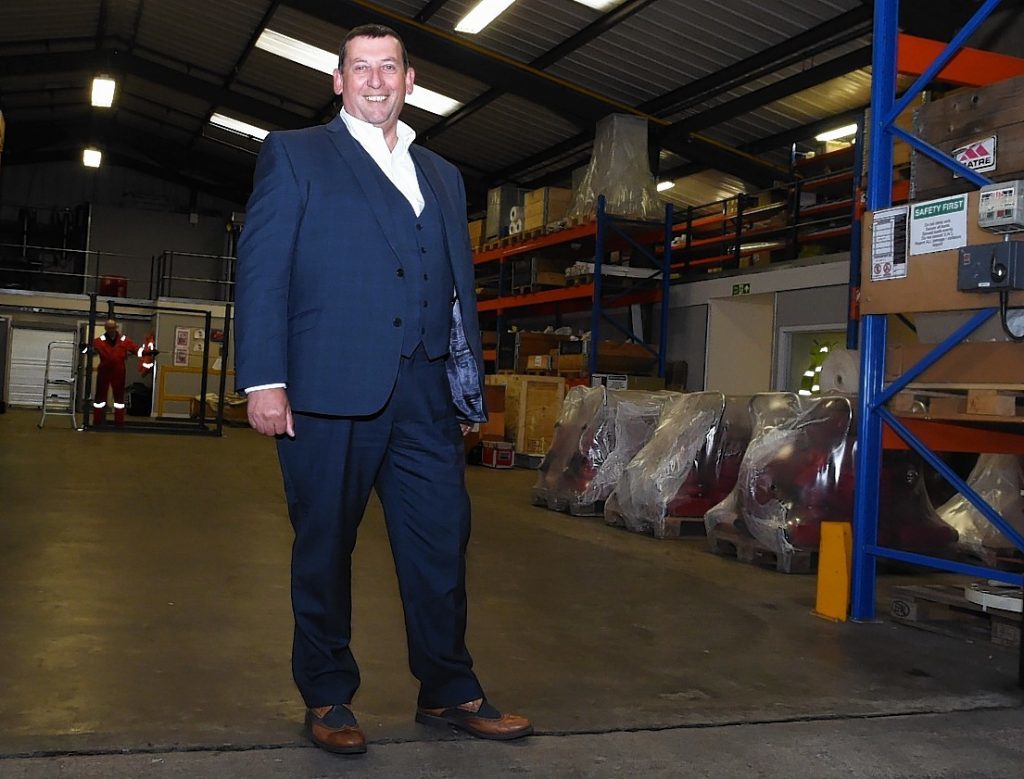
It’s May and at last there are green shoots of recovery appearing out there in the North Sea. Here at Blaze there’s a welcome upturn in oil & gas-related enquiries; the art will be turning those enquiries into real work … contracts.
However, I remain worried that there is much the industry still hasn’t done that could help accelerate that recovery. A key one is how the specialist suppliers who are generally the subject matter experts and frequently the source of valuable innovation get to engage with the operators, especially the larger ones that control much of the UK sector.
We’re still struggling to get the big oil companies to engage directly due to how they contract engineering services which is devolved via the engineering service contractors.
To me it’s very disappointing because the engineering services contractors that serve the operators are continuing to do what they always did; look after their own interest without sufficient regard to the bigger picture.
Here at Blaze, we’re getting our messages across to the new markets we’re no operational in, such as renewable energy, mining and even the defence stuff we’re doing. Also as we move towards decommissioning and nuclear; they’re listening too.
But we’re struggling to get the oil & gas old guard to change their ways and it all comes down to the fact that they’ve got a vested interest in making sure they’re staying busy as well.
And that’s the big problem they’ve got.
Don’t forget, this is an industry that in times of crisis can show a level of cohesion that’s missing from most other industries in Britain. The operators work up manifestos … collective declarations of intent with committees for this, that and whatever … but then a lot of it gets lost in the translation to reality.
Recently we lost some project work locally through a main contractor; and we had a situation where the end-user told us that the price gap between what we offered and a more conventional supplier that got the work was small. You can’t blame companies sticking with what they’re used to, even though there are better solutions staring them in the face. Instead they end up doing things the same old way. But where are the real savings in that?
The industry’s not going to get the improvements that it says it wants if everyone then reverts to treading the same old weary path they were on before.
And yet there have been improvements in the way the North Sea industry does its business. I cannot deny that.
So does that mean that our expectations are unreasonable?
Do we have to hammer away at the change thing for a lot longer than we perhaps thought was going to be necessary, because the scale of the collective challenge facing the offshore industry as it settles to making money in a $50 oil world. Perhaps yes.
In our case I’ll admit that we’re having to change our approach particularly in our offerings, and this seems to satisfy the short-term mind-set and doing it the same old way mind-set that pervades.
In other words quick-fix, sticking plaster solutions with little eye for the longer term and reduced life cycle costing.
That seems to be a characteristic of British industry … where goals are too often short-term in nature and to the detriment of the industrial base including the world of energy.
We work primarily with the smaller operators and new players that aren’t saddled with legacy infrastructure and working practices.
This is where Blaze tend to have one-to-one relationships and have the freedom to deliver cost reducing innovative solutions.
We are now working direct with civil contractors to secure project works together- genuinely working in collaboration bringing these very solutions to the tabled at the outset and ensuring our partners have greater probability of being successful with us.
Such companies are embracing new ideas, new technologies; they’re smart, they’re efficient.
I don’t wish to be churlish, but engineering services contractors have battened down the hatches and they’re doing as much as they can get away with in-house to keep their own people busy. I get that and fully understand why. But collaboration for the common good is never going to really work properly if this sort of thing continues.
Here at Blaze, we’ve been able to successfully diversify into other industry sectors and oil & gas is now one of the smaller parts of the business.
That said, Blaze has gained a significant presence in the North Sea over the past 10 years with systems on around 30% of the production platforms out there.
But we’ve carried out studies to do with many more and, in terms of contract wins, the big offshore jobs aren’t around a present even though a significant number of platforms probably need major work carried out on their firewater systems.
The new markets we’re opening in are embracing the skills, products and technologies we have and we are starting to see the positives throughout the business. Over the past quarter especially an upturn is under way and we’re seeing this increase in activity across the board and that includes oil & gas-related opportunities way; from the North Sea and internationally.
So, hope springs eternal.
Howard Johnson is managing director of Blaze Manufacturing.
Recommended for you
